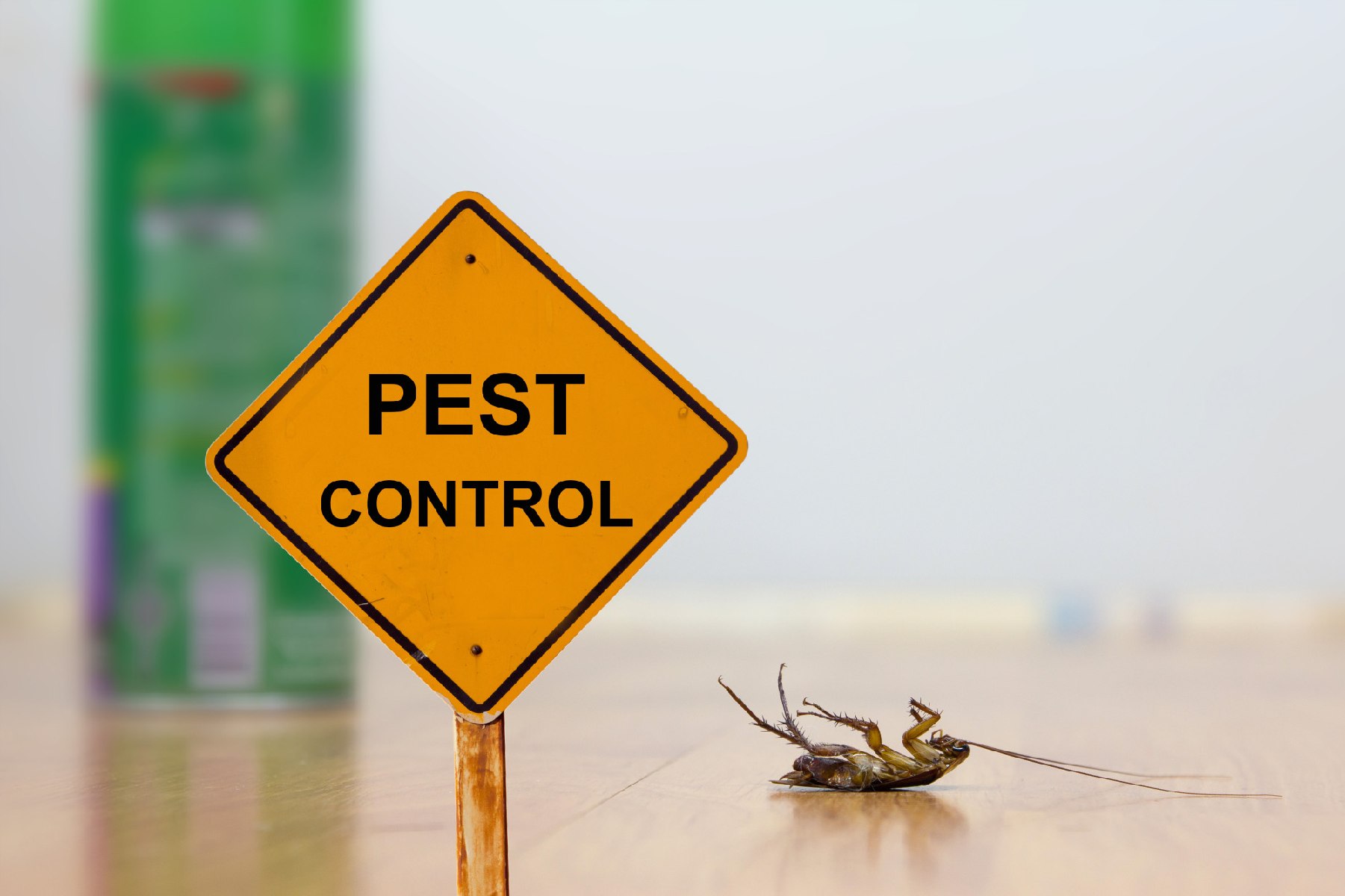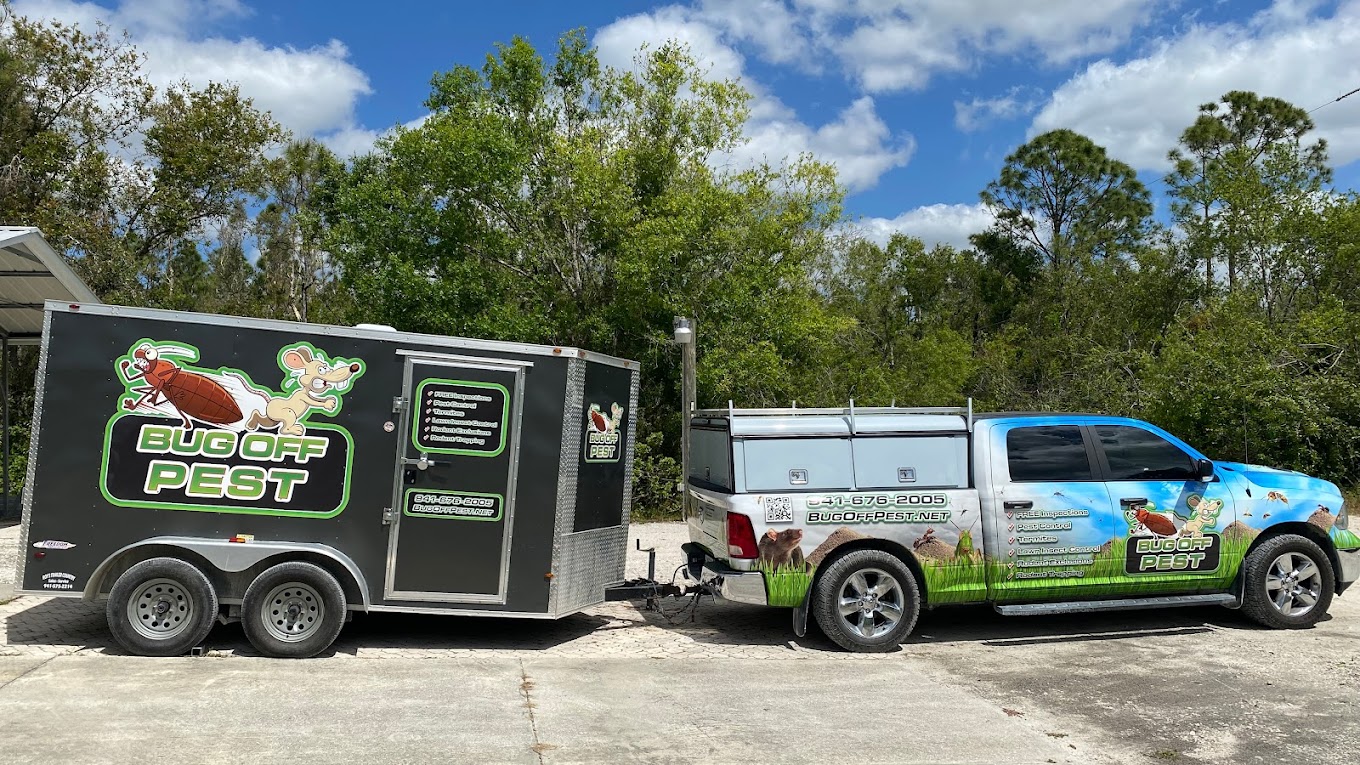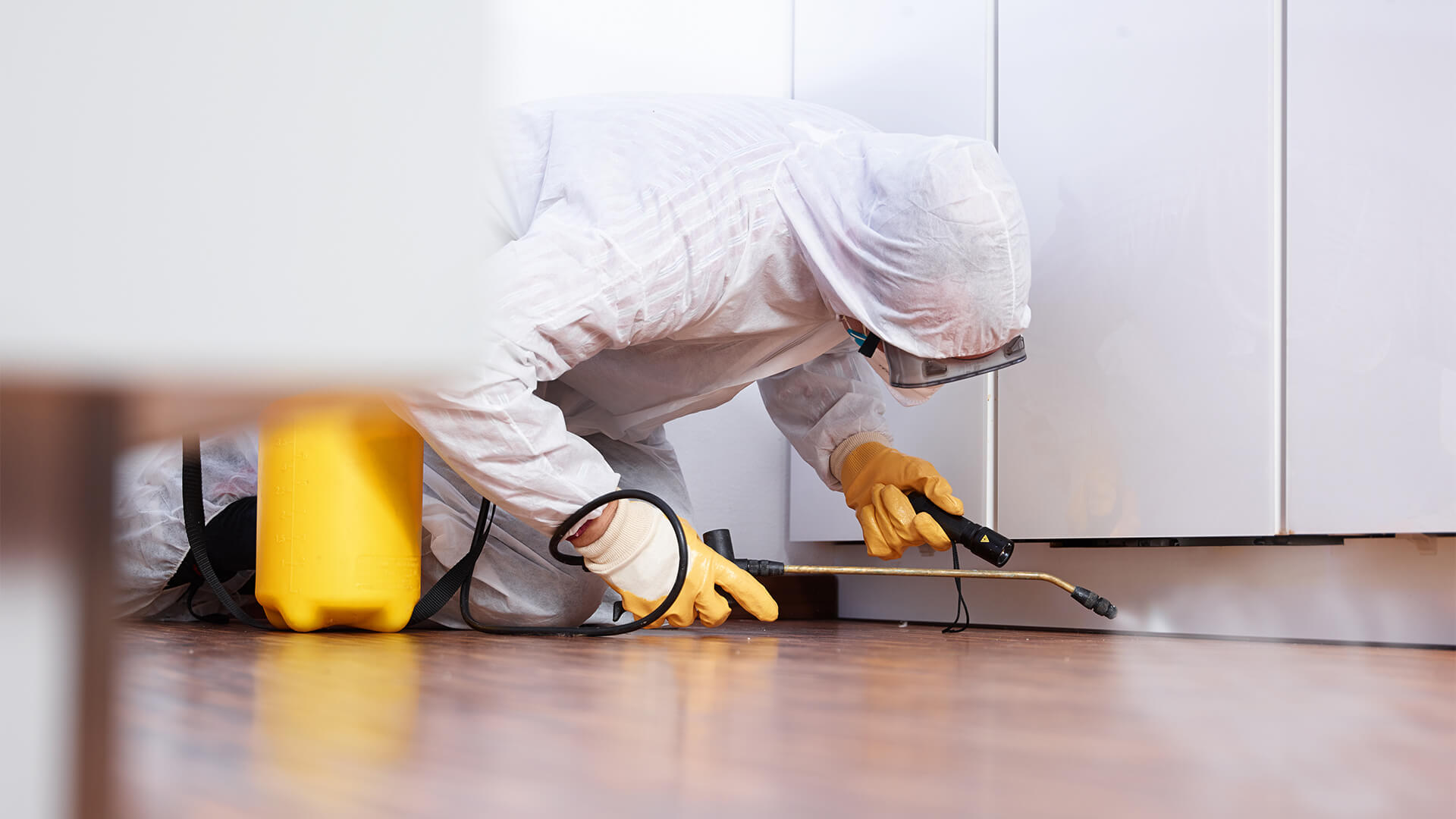Checking Out Cutting-edge Methods and Products for Effective Parasite Control
The landscape of pest control is evolving, noted by the development of cutting-edge techniques and products designed to improve performance and sustainability. From smart catches equipped with sophisticated surveillance systems to organic approaches that employ natural predators, these advancements provide a standard shift in how we come close to pest administration.
Smart Traps and Monitoring Solutions
Exactly how can modern-day innovation improve parasite management? One substantial advancement is the development of smart catches and checking systems, which supply real-time information and analytics for effective bug control. These systems use sensing units and cordless modern technology to spot parasite task, alerting residential or commercial property managers and bug control experts to problems before they escalate.
Smart catches are equipped with features such as lure terminals that draw in bugs and record them successfully. These catches can be monitored from another location, enabling timely interventions and decreasing the need for extensive chemical applications. Additionally, the combination of artificial intelligence formulas allows these systems to set apart in between target parasites and non-target varieties, enhancing the precision of pest control measures.
In addition, the information accumulated from wise traps can be analyzed to identify patterns in bug behavior and environmental factors contributing to infestations (Pest Control in Port Charlotte). This information is vital for developing targeted insect management strategies tailored to details environments. By embracing wise catches and keeping an eye on systems, pest control specialists can improve their functional efficiency and lower the environmental effect of pest monitoring, eventually causing more secure and much more sustainable methods in the sector
Biological Bug Control Methods
Making use of natural predators and parasites, organic bug control approaches provide an ecologically pleasant alternative to chemical treatments. This technique involves the intro or enhancement of details microorganisms that can naturally regulate insect populaces, consequently lowering dependence on synthetic pesticides. Typical examples consist of making use of ladybugs to regulate aphid invasions and parasitical wasps to target caterpillars.

Organic control can be categorized into three main approaches: classical, augmentative, and preservation. Timeless organic control entails importing natural adversaries from the bug's indigenous environment, while augmentative control involves raising the populace of existing natural enemies with releases. Conservation techniques concentrate on developing conditions that support these advantageous microorganisms in the ecosystem.
The performance of organic insect control hinges on understanding the complex interactions within ecological communities. It frequently needs an extensive analysis of insect dynamics and the life process of both the you could try here pests and their all-natural opponents. While organic approaches might not supply instant results like chemical choices, they add to lasting pest monitoring and community wellness. As understanding of ecological problems expands, organic pest control approaches are increasingly recognized for their lasting duty in integrated parasite administration programs.
Eco-Friendly Chemical Alternatives
Environment-friendly chemical options give a sensible service for insect management that lessens environmental effect while properly regulating pest populations. These alternatives are stemmed from all-natural resources and are thoroughly created to target certain pests without harming beneficial organisms, making them an important component of lasting insect control approaches.
Amongst the most efficient environmentally friendly options are plant-based pesticides, such as neem oil and pyrethrin, which are originated from the seeds and blossoms of different plants. These compounds disrupt the life process of this page bugs, reducing their populaces without the harmful impacts connected with standard chemicals - Pest Control in Port Charlotte. In addition, essential oils like pepper mint and clove oil display repellent residential properties, further boosting their utility in bug monitoring

Moreover, environment-friendly chemical options commonly break down quicker in the environment, lowering the risk of dirt and water contamination. This particular aligns with the enhancing customer need for sustainable practices in farming and urban insect control. As study proceeds to advancement, the growth of cutting-edge environment-friendly solutions will certainly further improve effectiveness and broaden application areas, making it possible for pest management professionals to take on greener, much more liable methods in their techniques while securing human health and wellness and the environment.
Scent Disturbance Strategies
Another cutting-edge method in lasting pest administration is using scent disruption techniques. These techniques exploit the natural chemical signals, or scents, that insects use for communication, especially in breeding actions. By disrupting these signals, insect populations can be effectively handled without turning to hazardous chemicals.
Scent traps are generally used in this approach. Over time, this can lead to a significant decrease in bug populaces.

Integrated Parasite Administration Approaches
Reliable insect control often needs a comprehensive approach, and Integrated Pest Administration (IPM) approaches offer a framework for achieving this goal. IPM incorporates various administration methods to minimize bug populations while minimizing reliance on chemical pesticides. This multifaceted method starts with complete tracking and identification of pests, enabling for targeted treatments based on particular parasite stress.
Cultural techniques, such as crop rotation and cleanliness, play an important role in avoiding pest establishment. Biological controls, consisting of natural killers and parasitoids, are utilized to keep pest populations at convenient degrees. When needed, selective chemical treatments are used, stressing lower toxicity to non-target species and the atmosphere.
By utilizing this alternative strategy, IPM not just improves pest control efficiency yet also contributes to long-term eco-friendly balance. Ultimately, Integrated Insect Administration represents a forward-thinking option that lines up agricultural efficiency with ecological stewardship, making it crucial in contemporary bug control approaches.

Verdict
In final thought, the integration of cutting-edge methods and items for efficient insect control represents a considerable development in lasting insect management. Smart traps and keeping his comment is here track of systems, biological parasite control approaches, environmentally friendly chemical options, and scent disturbance methods collectively boost the effectiveness of pest management methods.
Comments on “Experience highly effective Pest Control in Port Charlotte for lasting results.”